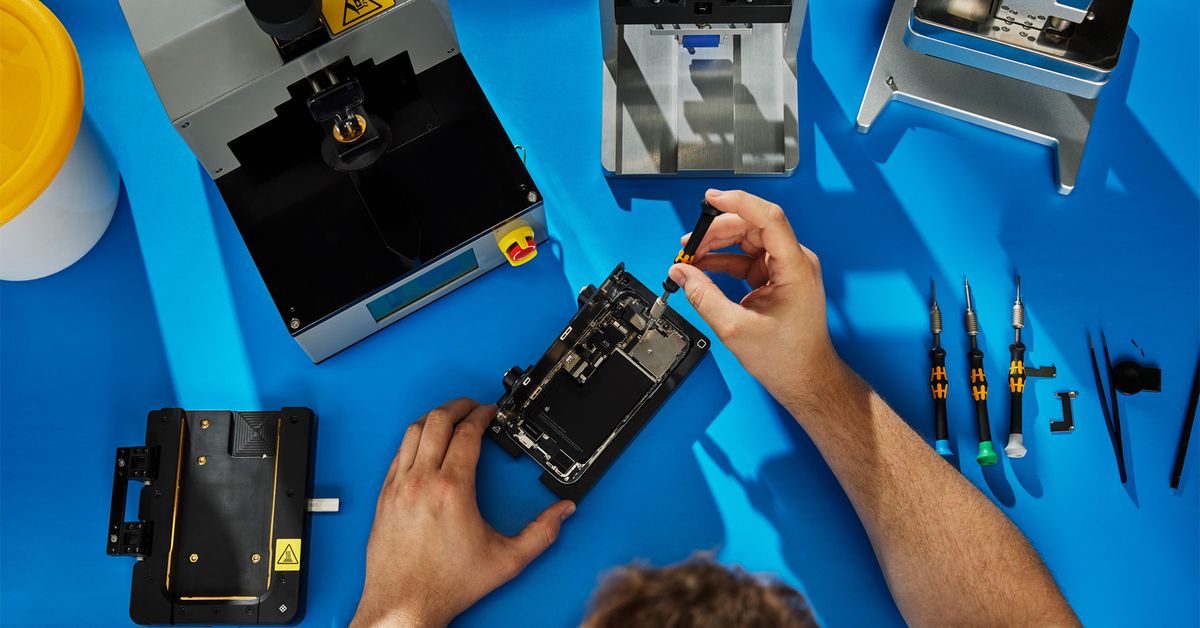

I considered voting for them, but I didn’t.
The reason is because there are other parties with comprehensive plans for digitalisation / IT stuff PLUS lots of other plans for healthcare, economy, infrastructure, etc.
Pirate party seems like a party focused on IT stuff only, whereas I also care about other topics, such as international trains, subsidizing healthcare, improving education and lots of other things.
(I voted for Volt Nederland BTW)











So the price to kill someone is 4.75 million? Got it.
As long as the actual people in charge (read: CEO, CTO, CFO, anyone else on the board of directors and any other executives) aren’t held directly responsible with a proper punishment that isn’t payment, the killing of people is literally just a fee of 4.75 million dollars.